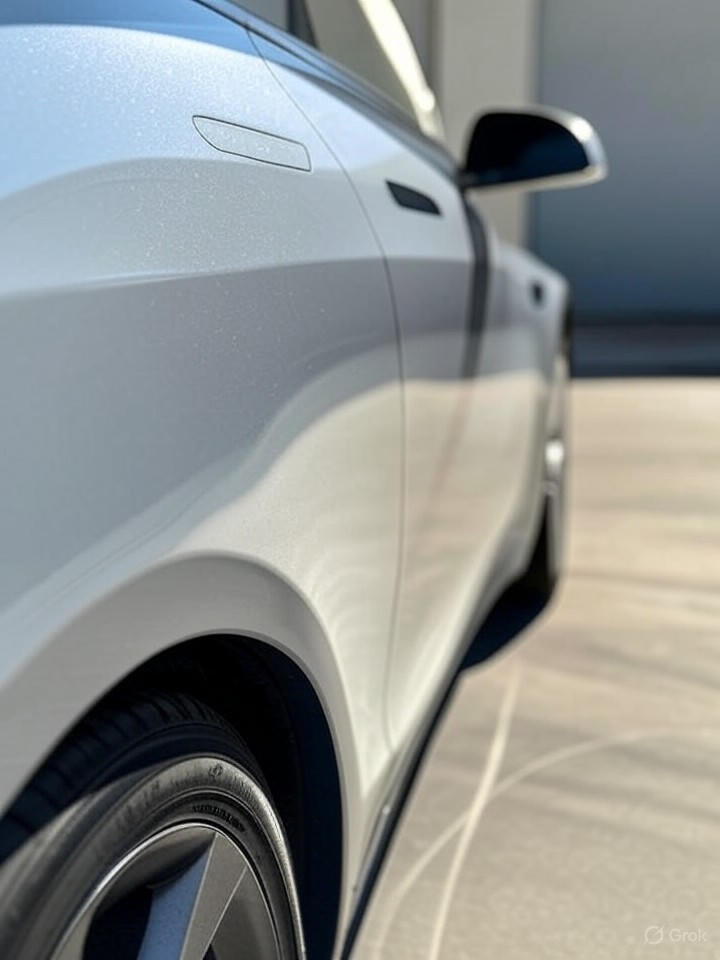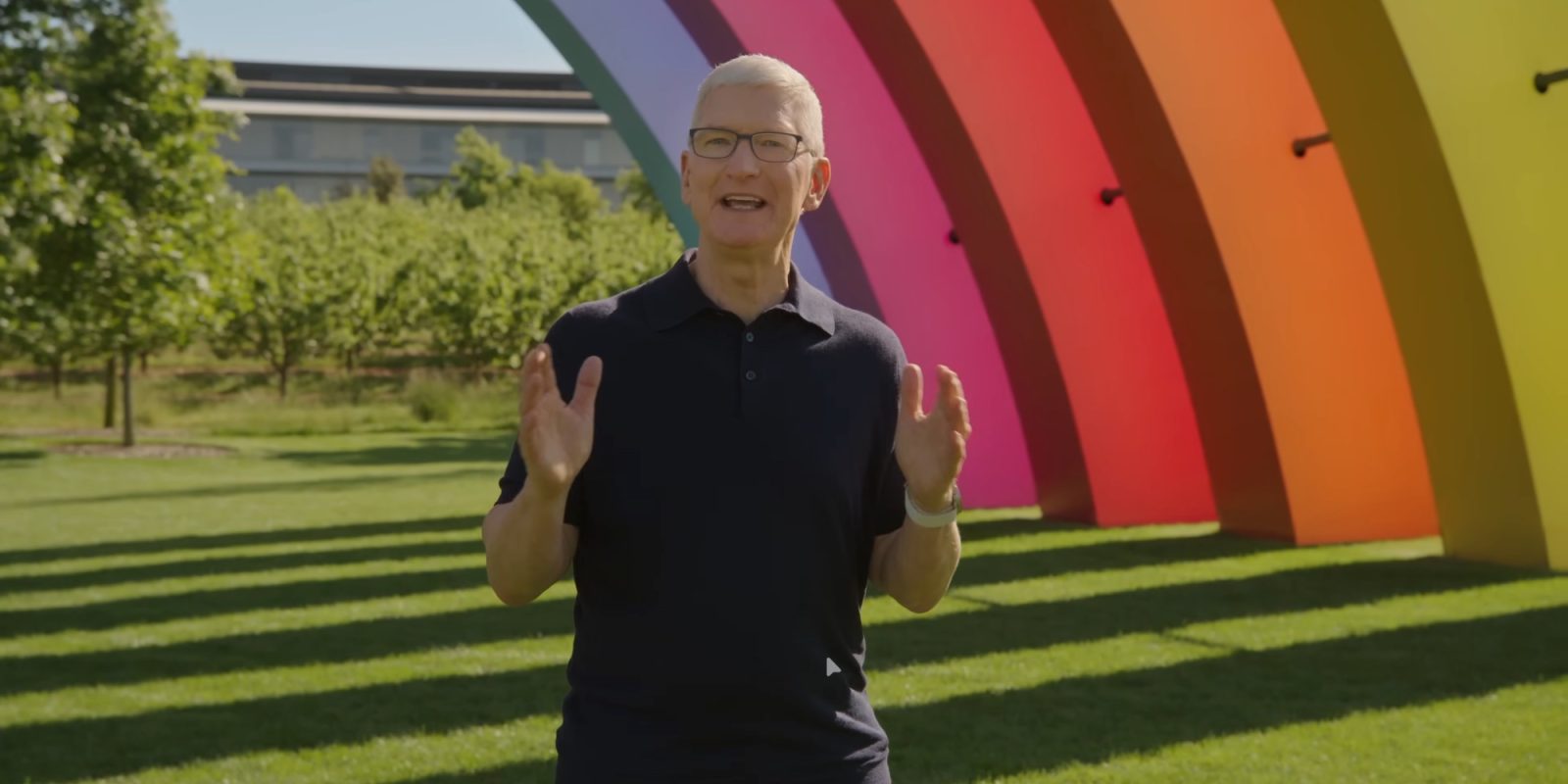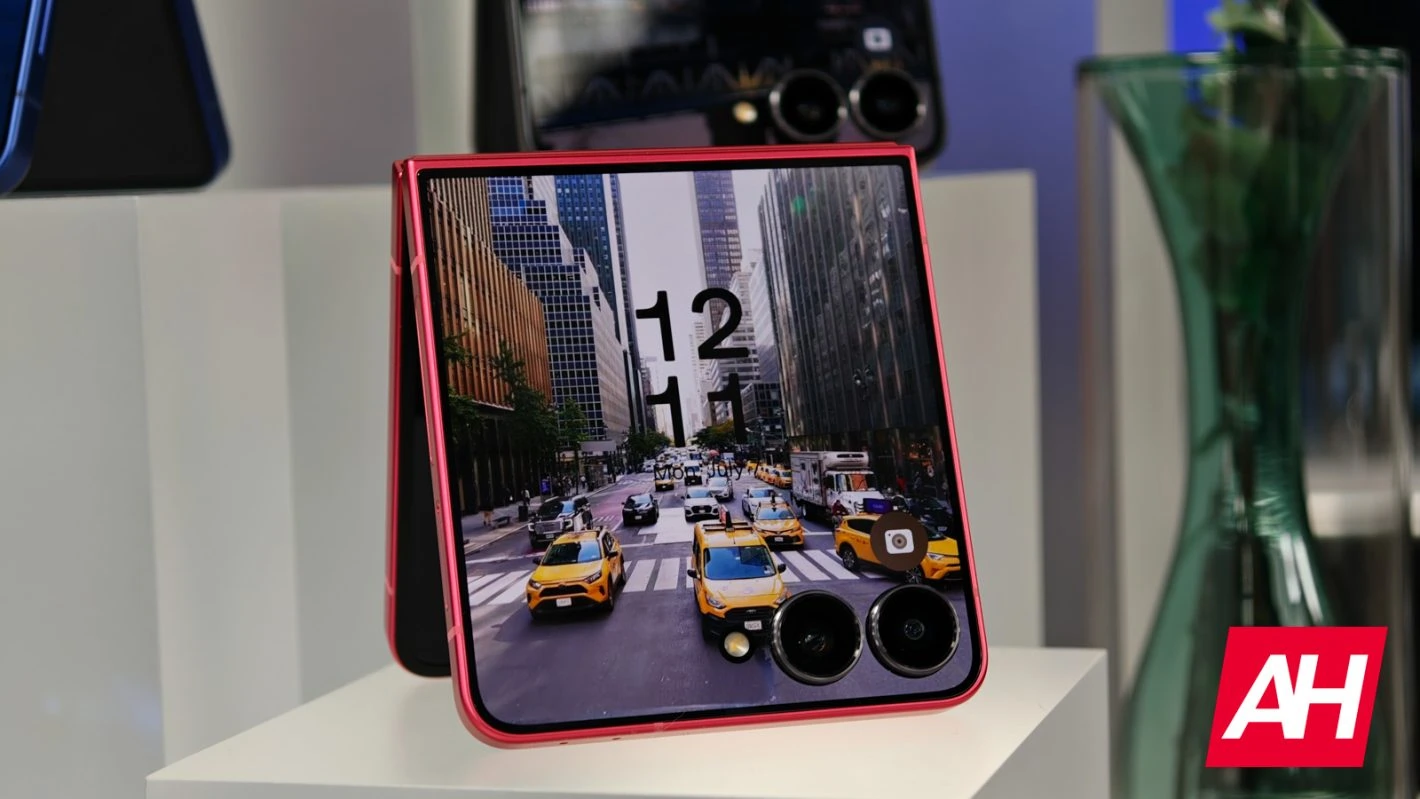Federal regulators have intensified their investigation into Tesla’s door handle systems, prompted by safety concerns that have emerged from reports of passengers, including children, becoming trapped inside vehicles. The National Highway Traffic Safety Administration (NHTSA) has raised alarms over the potential risks associated with the company’s flush-mounted electronic door handles. This inquiry, which began on September 16, 2025, has since expanded significantly due to a growing number of complaints.
The investigation was initiated following alarming accounts from parents who were unable to access their children trapped in the back seats of Tesla’s Model Y SUVs. According to reports from CNBC, NHTSA has now mandated Tesla to furnish detailed records related to the door handle systems across multiple models. As concerns mount, the balance between Tesla’s innovative design and fundamental safety is under scrutiny.
Origins and Escalation of the Investigation
NHTSA’s inquiry originated from initial complaints filed regarding the malfunctioning door handles. As highlighted by the Associated Press, the investigation was prompted by incidents where faulty handles prevented parents from rescuing their children, sometimes necessitating the breaking of windows for access. A report by Bloomberg on the same day described how Tesla’s electronic door handles, designed to enhance aerodynamics, may fail in emergencies, potentially locking users inside or out.
By early November 2025, the investigation had escalated further. UPI reported on November 3 that NHTSA had formally demanded Tesla’s compliance due to additional instances of trapped passengers. This escalation reflects a trend of increasing complaints, with NHTSA confirming a significant surge in reports. Posts on social media platforms further illustrate public sentiment, with users expressing concerns about the safety of Tesla vehicles.
Technical Issues and Real-World Consequences
At the core of the issue are Tesla’s electronic door handles, which activate when the vehicle’s power system is engaged. Should the battery fail or an electronic glitch occur, the handles may become inoperative. Complaints compiled by NHTSA, reiterated in a CBS News report, emphasize the risks associated with this design, particularly when compared to traditional mechanical door handles that function independently of electronic systems.
Industry experts have noted that while Tesla’s approach reflects cutting-edge design, it introduces critical failure points. A Techbuzz article from November 3 characterized the situation as significant, stating it represents a pivotal moment for the automotive industry in balancing innovation with safety.
Several harrowing incidents have added urgency to the investigation. U.S. News & World Report detailed cases on September 16, 2025, where parents had to break windows to rescue trapped children. More concerning is a wrongful death lawsuit reported by The Verge, alleging that five individuals perished in a burning Model S in Wisconsin in 2024 due to being trapped by the door handles after a crash. Historical context reveals past incidents, including a 2019 case where firefighters struggled to open a Tesla’s doors amid smoke and flames.
Tesla has yet to announce a formal recall but has committed to cooperating with NHTSA, as noted in the CNBC report. Elon Musk indicated through an X post that the company’s senior team is actively investigating the matter. The ongoing probe has led to demands for extensive engineering data and failure analyses that may eventually result in mandatory redesigns or recalls affecting millions of vehicles.
Regulatory Implications and Future Challenges
NHTSA’s actions highlight a broader regulatory tightening regarding electric and autonomous vehicles. As reported by TipRanks, the agency is seeking comprehensive records on potential defects, underlining the importance of compliance. This situation is not isolated to the United States; international regulators are also responding by drafting new safety standards, prompting Tesla to demonstrate that its minimalist designs prioritize user safety.
Consumer advocates are calling for the integration of mechanical backups in door systems to prevent similar situations in the future. Parents’ experiences shared on social media emphasize the emotional toll of these safety concerns, as many express fears about their children’s safety in Tesla vehicles.
For Tesla, this investigation arrives during a period of increased competition and fluctuating stock performance. Analysts from Bloomberg suggest that addressing these issues may require substantial investments in software updates or hardware modifications, potentially amounting to billions in costs.
The financial ramifications of this investigation are considerable. As mentioned in TipRanks, Tesla’s stock performance remains under scrutiny, and any recall could significantly influence investor sentiment. Despite these challenges, the company’s innovative door design has been reported to improve vehicle efficiency by reducing drag by up to 5%.
As this case continues to unfold, it may set new safety standards for electric vehicles, impacting competitors such as Rivian and Lucid. The ongoing scrutiny of Tesla’s door handle systems underscores the delicate balance between design innovation and safety in the rapidly evolving automotive industry.
Moving forward, how Tesla manages this situation will be critical for maintaining its leadership position in the electric vehicle market. The implications of the NHTSA investigation will likely resonate throughout the industry as stakeholders await the outcome.







